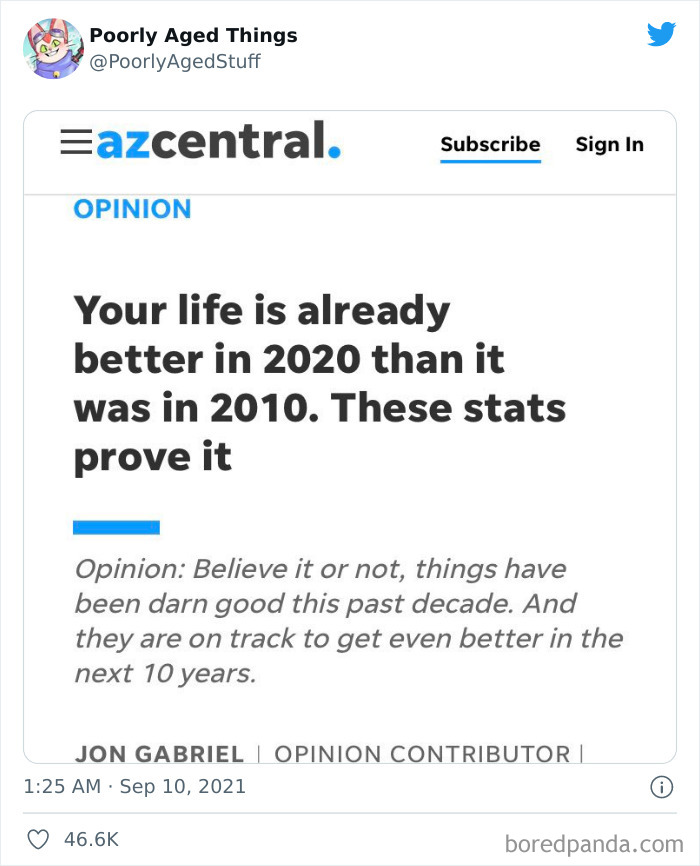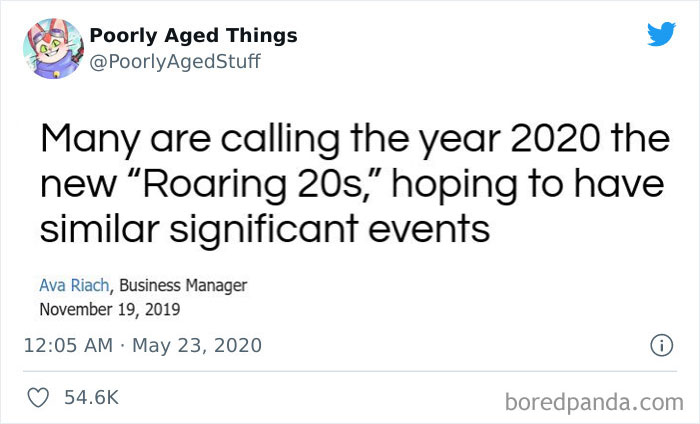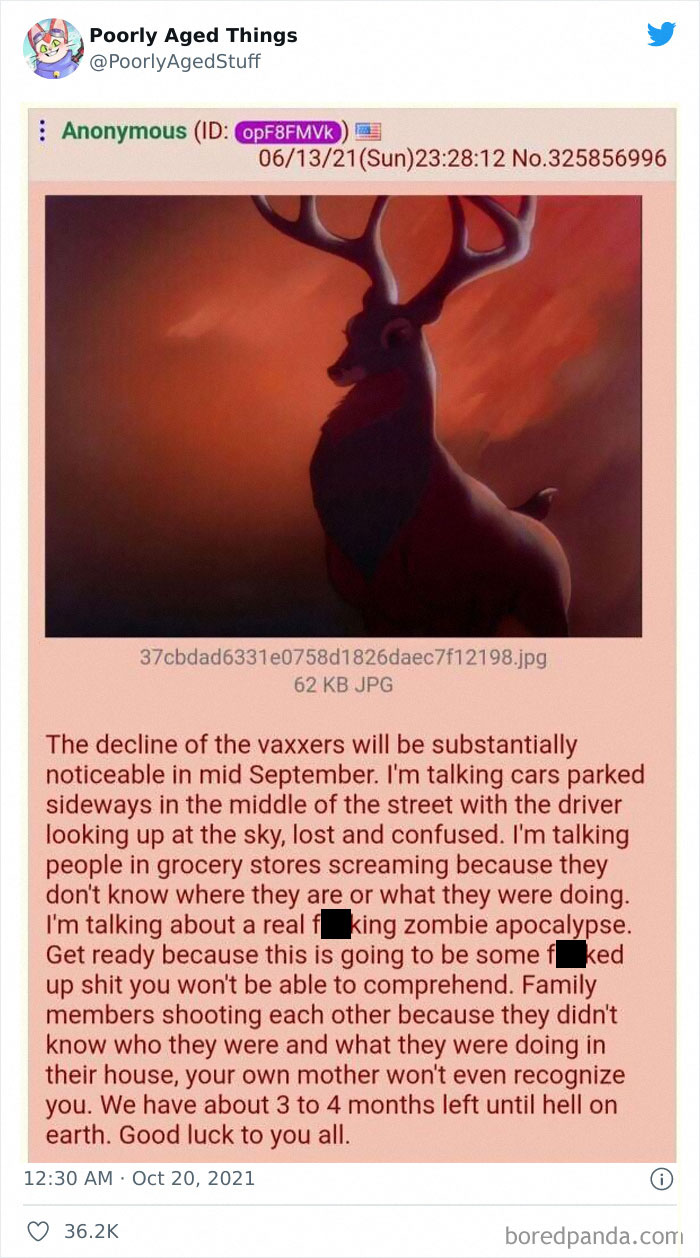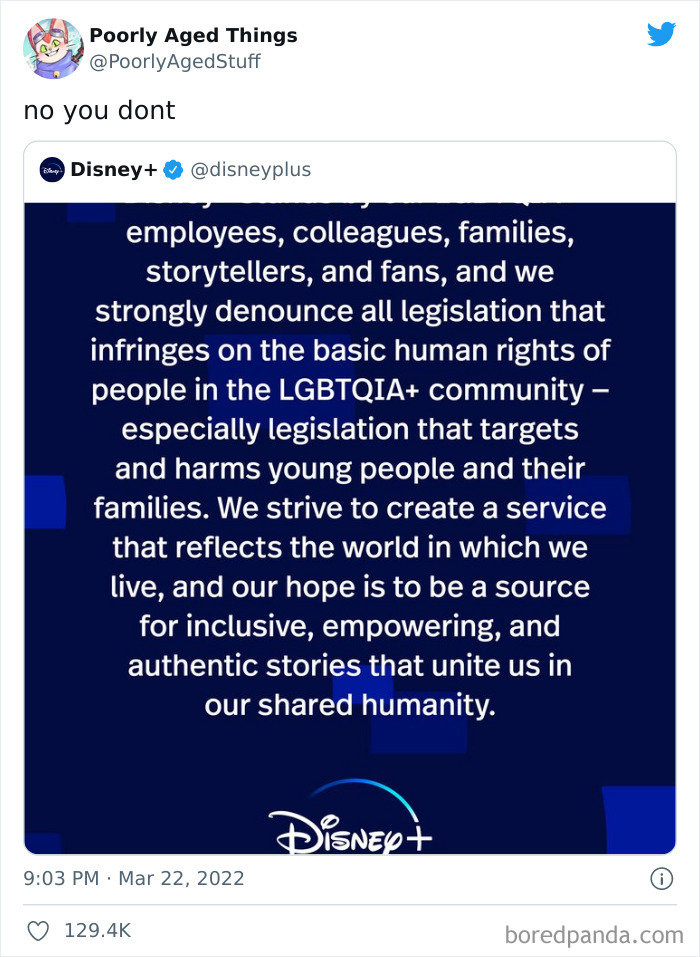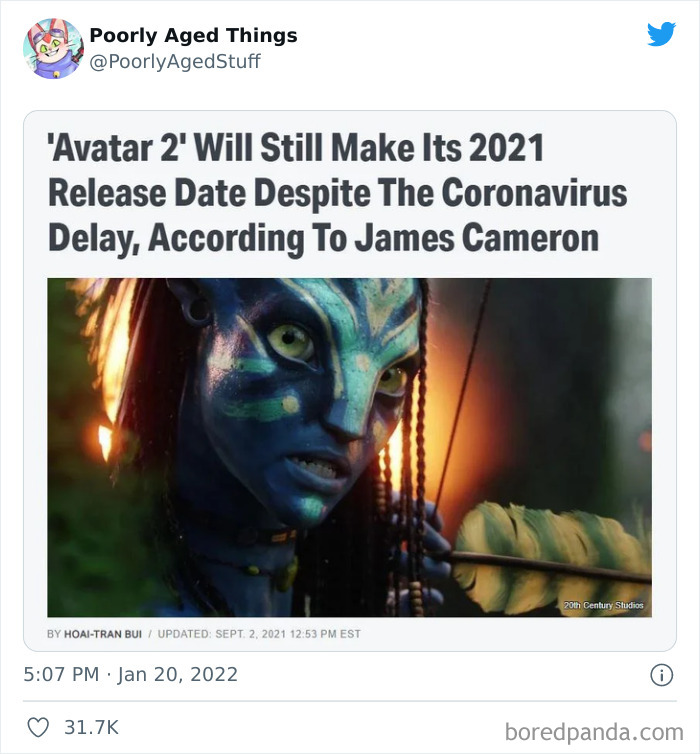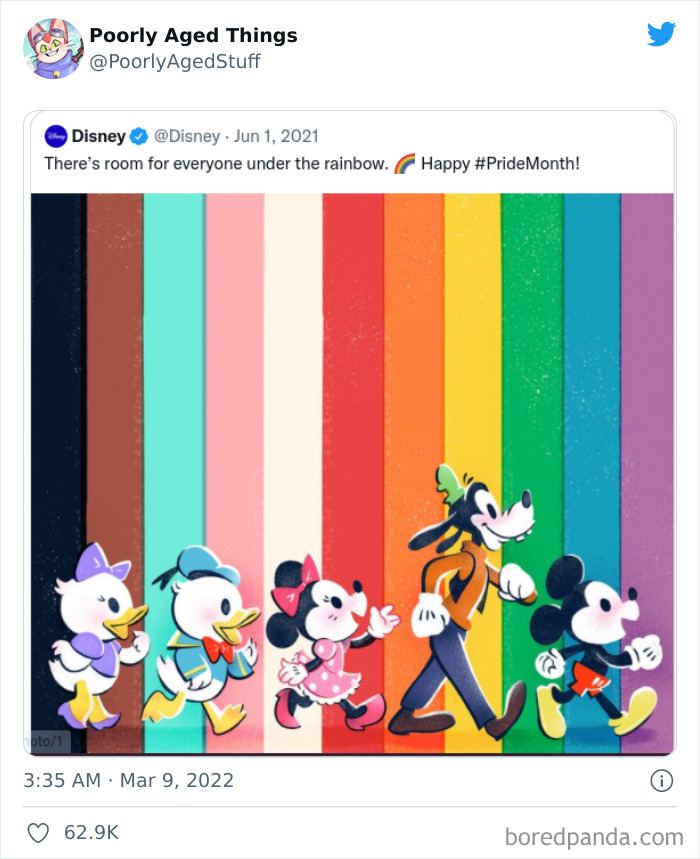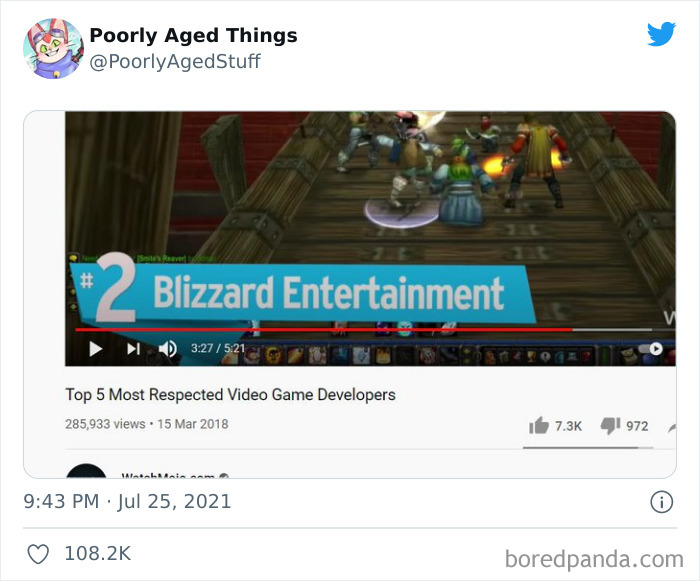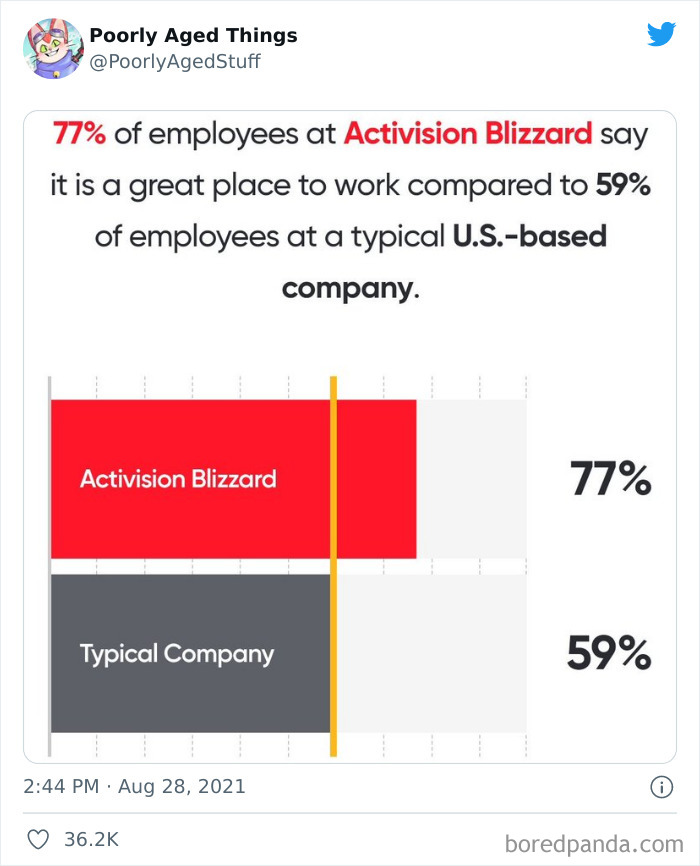
30 Things That Aged So Poorly, People Just Cringe At Them Now, As Shared On This Twitter Page (New Pics)
Nearly everyone knows by now to think twice before throwing their opinions out in the open. Sure, some might end up being forgotten and ultimately fall into oblivion, but others are simply too bad to be ignored. And when you stumble upon them online, you often laugh hard but cringe even harder.
Luckily for us, there’s a Twitter account that sheds light on the worst ones. Poorly Aged Things is dedicated to collecting and sharing ridiculous posts people haven’t taken down for some reason, all for your amusement.
Whether it’s people blasting embarrassing hot takes or regretful ideas that only come back to bite them, Bored Panda handpicked some of the best things that failed the test of time. Continue scrolling, upvote your favorites as you go, and be sure to share your thoughts in the comments.
Psst! If you’re in the mood for even more shameful things people were once proud of, check out Part 1 of this post right here.
This post may include affiliate links.
Since 2020, Poorly Aged Things have been steadily growing and attracting more than 901K devoted fans who can let out a few genuine laughs while scrolling through their feed. It turns out, people truly enjoy looking at examples of how a few innocent sentences written in the past can turn into the most spoiled opinions.
Bored Panda managed to get in touch with the creator of the account, Clay, who was kind enough to chat about their project. "My main inspiration for the account was sparked from similar accounts like 'Images Preceding Unfortunate Events'. Once I had the idea of an account like that in mind, all it took was seeing a clip from the 1993 live-action Super Mario Bros movie involving the Twin Towers that had aged particularly poorly for the idea to come to fruition," Clay told us.
Although follower submissions are welcome, "The majority of content I am able to find on my own." Clay used to be more reliant on his devoted fans in the past, "but these days most submissions I get are all the same 2-3 things happening that day/week or something that I recently posted," the founder revealed.
When asked to describe the community, Clay said it’s extremely difficult to define as the page has grown so large from what it was initially. However, "Based on the numbers, there's definitely an active following. I try to post often enough that the account isn't forgotten but not enough to be annoying or flood people's feeds so people will continue to come back."
Clay believes that there's a seemingly endless amount of badly aged things online because it’s basically hindsight or the result of over-ambitions. "That and an increase in social awareness with a lot of older things we now see as problematic."
"I think most people get a kick out of the irony in a lot of media's predictions for the future or just how radically the consensus around something can change over time. That or they like watching people be confidently wrong," Clay added.
From incorrect future predictions to uncomfortable political statements, hindsight is certainly 20/20 with most of these ads and posts found in the media or elsewhere. When we have the digital world at our fingertips, hiding our past blunders is way more difficult than one would think. That’s why many started saying to think twice before impulsively pressing that “share” button to avoid possible embarrassment in the future.
Unfortunately, social media is the perfect place for people to share their views, petty complaints, and vent about politics, religion, culture, sports, and so much more. So if you ever felt embarrassed about something you shared online, you might find comfort in knowing you’re certainly not the only one. In fact, 57 percent of Americans say they have social media regrets. One in six regularly rue their decision to post at least once a week, and millennials seem to be the most common offenders.
Participants were asked whether they ever posted or texted something they regret. Those who admitted making mistakes said they are less anxious about sounding foolish compared to two years ago. Yet, they are much more worried about damaging their reputation at work — 22 percent said they are concerned that questionable posts might negatively affect their careers.
The survey also found 14 percent are afraid their misguided images or messages may hurt relationships with family or partners. Women were more likely to feel troubled about social media errors damaging their close relationships than men. Plus, one of the more interesting findings in the study was when in fact do these slip-ups occur. Social media mistakes most often happen at home, late at night when tired, or after drinking alcohol.
The truth is, no one is immune to the occasional blunders, it’s just a very human thing to do. After all, opinions change, and we might hold completely different views than we had several years ago. The only way to avoid expressing regretful things or making sure they stand the test of time is to be exceptionally good at decision making, and predicting what the future holds.
While it may sound almost impossible, some people can do it. They’re called “superforcasters”, a name that was coined by Philip Tetlock, a psychologist at the University of Pennsylvania. The co-author of Superforecasting: The Art and Science of Prediction has dedicated his career to finding out whether we can become better at foreseeing the future.
In the book, the authors point out several important qualities of “superforecasters”, like being cautious, humble, open-minded, intelligent, and curious. Also, they noted their forecasting style should be pragmatic and analytical, while their work ethic consists of a growth mindset and grit.
So if you want to be a “superforecaster”, you must have four key traits, Tetlock argued. You need to be very intelligent but not an off-the-charts genius. Then, you must be a solver of puzzles and a player of games. Also, you should pragmatically use other people’s ideas. Lastly, be willing to change your mind when new information comes up.
It turns out that good forecasters follow processes, not rules. “Superforecasters embrace uncertainty and the idea that reality is infinitely complex,” the professor told REIT magazine. “They test their beliefs, are intellectually curious and leave personal agendas at the forecasting door. They value a diversity of views and will seek to improve their forecasting skills in a spirit of ‘perpetual beta.’”
“Superforecasters come from all over the world with a variety of backgrounds, including several financial professionals, in the U.S., Europe and farther afield,” he added. According to him, they are professionals at making probability estimates in an uncertain world.
Does anyone remember sonic the hedgehog in the movie BEFORE they edited it?!
Yes, could have put up some explaining about it!
Load More Replies...Yes, could have put up some explaining about it!
Load More Replies...
 Dark Mode
Dark Mode  No fees, cancel anytime
No fees, cancel anytime 























